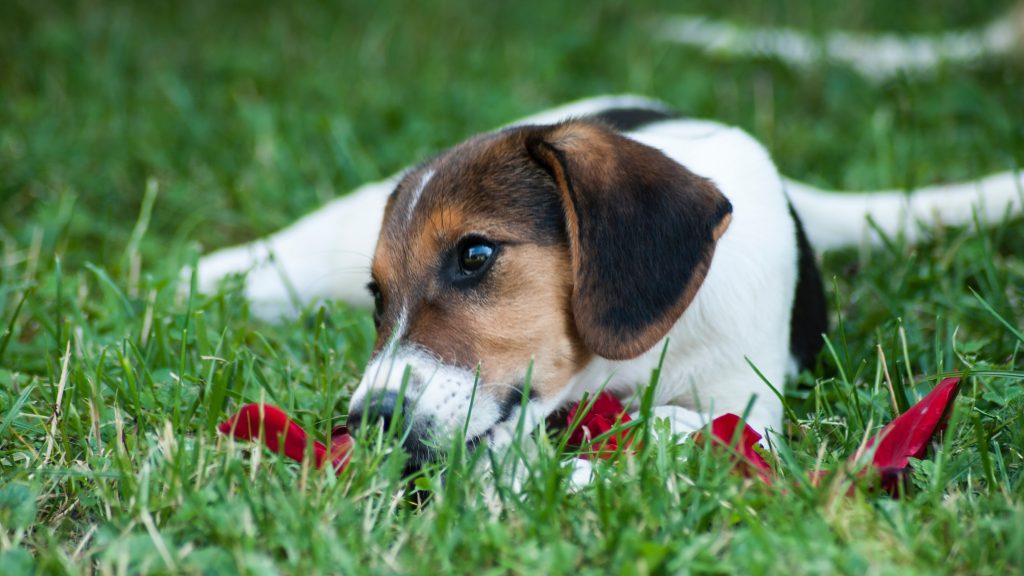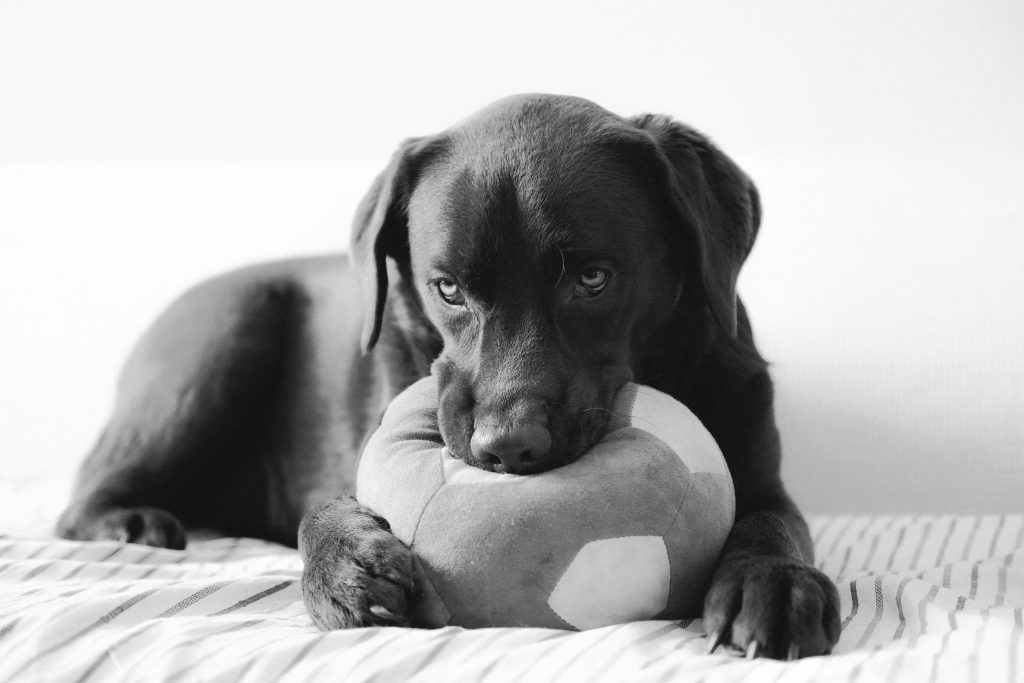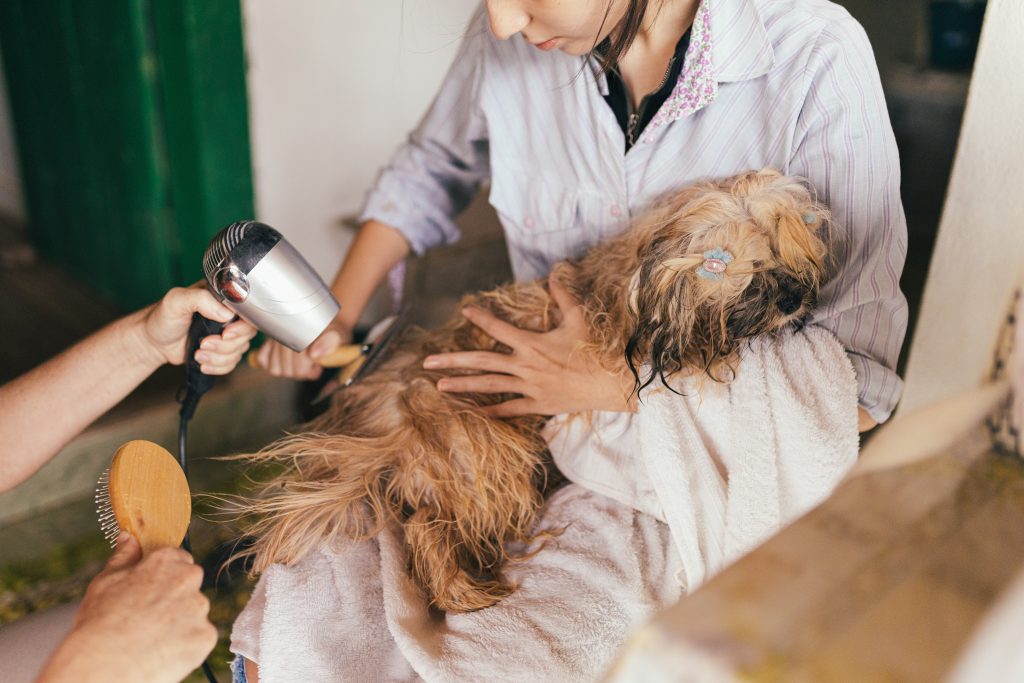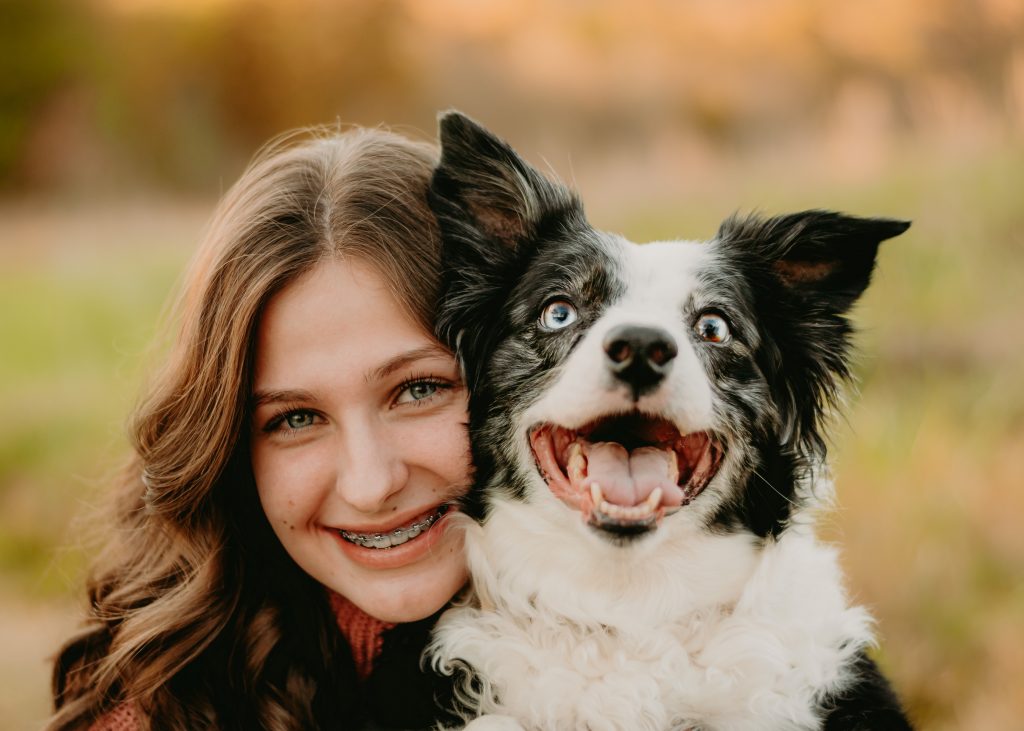Educate new puppy owners about the common challenges they may face when raising a puppy, and to provide tips and advice for how to overcome these challenges. The blog post likely aims to help new puppy owners feel more prepared and confident in their ability to successfully raise and care for their new furry companion.

As a new puppy owner, it’s natural to feel excited and overwhelmed at the same time. Raising a puppy is a big responsibility, but it can also be a lot of fun. To help you navigate the journey, here are the 10 biggest challenges all new puppy owners face, and how to overcome them:
- Training: Training a puppy takes patience, consistency, and lots of treats. It’s important to establish yourself as the pack leader early on, and to consistently reward your puppy for good behavior. Make sure to use positive reinforcement and avoid punishment, as this can lead to fear and aggression.
- Behavior: Puppies are curious and energetic, which means they can get into trouble if left to their own devices. Chewing, barking, and jumping are all common behaviors in puppies, but they can be frustrating for owners. The key is to manage your puppy’s environment, provide appropriate toys and chew items, and to redirect unwanted behaviors with positive reinforcement.
- Potty training: Potty training a puppy can be one of the most challenging aspects of puppy ownership. It’s important to be consistent and patient and to establish a regular routine for taking your puppy outside to go potty. Reward your puppy for going to the appropriate spot, and be sure to clean up any accidents immediately to prevent future accidents in the same spot.
- Socialization: Socialization is key to raising a well-adjusted and confident puppy. Make sure to expose your puppy to a variety of people, places, and experiences in a positive way. This will help them to become comfortable in new situations and to interact well with others.
- Separation anxiety: Many puppies experience separation anxiety when their owners leave them alone. This can result in destructive behavior, excessive barking, and even illness. To help your puppy overcome separation anxiety, start by leaving them alone for short periods of time and gradually increasing the duration. Make sure to provide plenty of toys and mental stimulation to keep your puppy occupied, and consider hiring a dog walker or pet sitter if you’ll be away for extended periods of time.
- Leash training: Leash training can be a challenge for some puppies, especially those who are very energetic or strong-willed. To teach your puppy to walk nicely on a leash, start by using a harness and gradually transitioning to a collar. Use positive reinforcement, such as treats and praise, to encourage good behavior, and be patient and consistent.
- Grooming: Regular grooming is important for your puppy’s health and well-being. Make sure to brush your puppy’s coat regularly to remove tangles and mats, and to keep their nails trimmed. It’s also important to regularly clean your puppy’s ears and teeth to prevent infections and other health issues.
- Health: Keeping your puppy healthy involves more than just regular check-ups at the vet. It’s also important to provide a healthy diet, plenty of exercise, and a clean living environment. Pay attention to your puppy’s energy levels, appetite, and behavior, as these can all be indicators of their overall health.
- Nutrition: Choosing the right food for your puppy is essential for its growth and development. Look for high-quality puppy food that meets their specific needs, and be sure to follow the recommended feeding guidelines. Avoid giving your puppy table scraps, as this can lead to nutritional imbalances and other health issues.
- Time commitment: Raising a puppy is a big time commitment, and it’s important to be prepared for the demands of puppy ownership. Make sure you have the time and energy to properly care for your puppy, and be prepared for the unexpected. Puppies can be unpredictable and may require additional attention or care at times. But with patience and dedication, you can overcome these challenges and create a strong bond with your furry friend.

Conclusion:
Raising a puppy is a joyful and rewarding experience, but it can also be challenging. As a new puppy owner, you can expect to face a variety of challenges, including training, behavior, potty training, socialization, separation anxiety, leash training, grooming, health, nutrition, and time commitment. To overcome these challenges and succeed as a puppy owner, it’s important to be patient, consistent, and dedicated. With the right approach, you can create a strong bond with your puppy and enjoy the many rewards of pet ownership.

Frequently Asked Questions
How can I effectively train my puppy?
To effectively train your puppy, it’s important to be patient, consistent, and use positive reinforcement. Establish yourself as the pack leader, and consistently reward your puppy for good behavior. Avoid punishment, as this can lead to fear and aggression.
How can I manage my puppy’s behavior?
To manage your puppy’s behavior, it’s important to manage their environment and provide appropriate toys and chew items. Redirect unwanted behaviors with positive reinforcement, and be consistent in your expectations.
How can I potty train my puppy?
To potty train your puppy, it’s important to be consistent and patient, and to establish a regular routine for taking your puppy outside to go potty. Reward your puppy for going to the appropriate spot, and be sure to clean up any accidents immediately to prevent future accidents in the same spot.
How can I socialize my puppy?
To socialize your puppy, it’s important to expose them to a variety of people, places, and experiences in a positive way. This will help them to become comfortable in new situations and to interact well with others.
How can I help my puppy overcome separation anxiety?
To help your puppy overcome separation anxiety, start by leaving them alone for short periods of time and gradually increasing the duration. Make sure to provide plenty of toys and mental stimulation to keep your puppy occupied, and consider hiring a dog walker or pet sitter if you’ll be away for extended periods of time.
How can I leash-train my puppy?
To leash train, your puppy, start by using a harness and gradually transition to a collar. Use positive reinforcement, such as treats and praise, to encourage good behavior, and be patient and consistent.
How do I groom my puppy?
To groom your puppy, brush their coat regularly to remove tangles and mats, and keep their nails trimmed. Clean their ears and teeth regularly to prevent infections and other health issues.
How do I keep my puppy healthy?
To keep your puppy healthy, take them for regular check-ups at the vet, provide a healthy diet, plenty of exercises, and a clean living environment. Pay attention to your puppy’s energy levels, appetite, and behavior, as these can all be indicators of their overall health.
How do I choose the right food for my puppy?
To choose the right food for your puppy, look for high-quality puppy food that meets their specific needs, and follow the recommended feeding guidelines. Avoid giving your puppy table scraps, as this can lead to nutritional imbalances and other health issues.
How much time and energy does it take to raise a puppy?
Raising a puppy takes a significant amount of time and energy. Make sure you have the time and energy to properly care for your puppy, and be prepared for the demands of puppy ownership.



